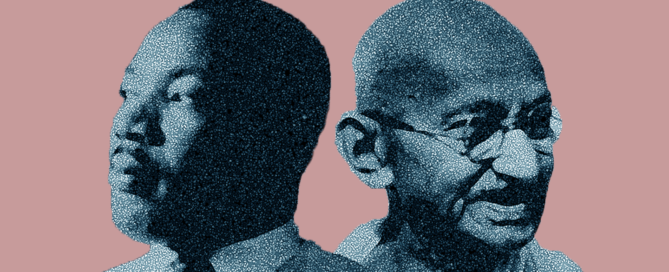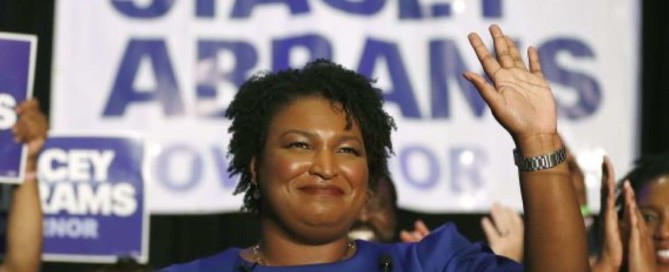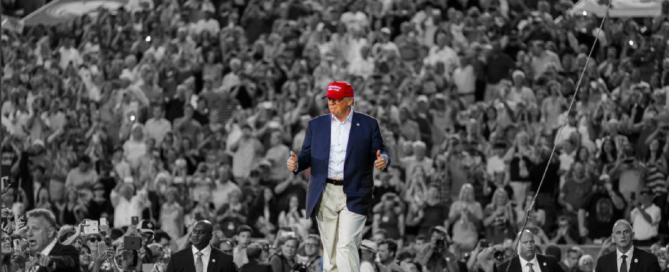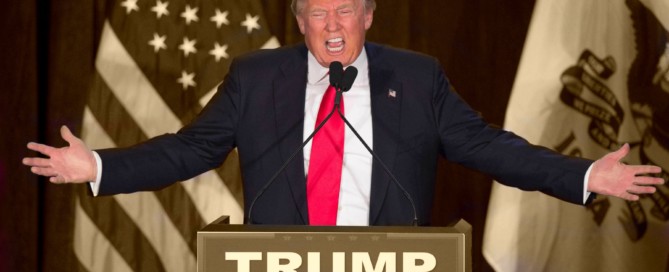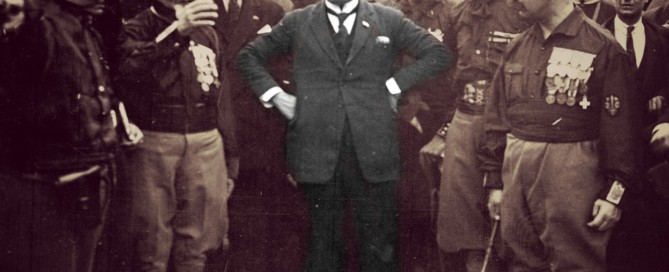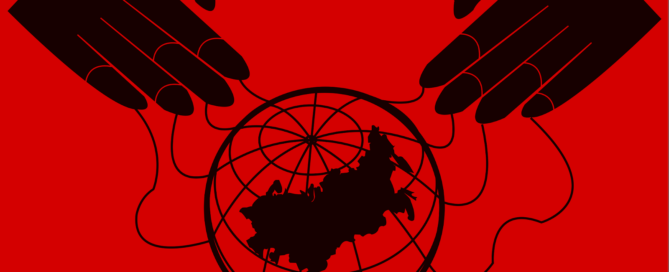On Architects
On the second floor of the King Center in Atlanta, Georgia, among the stately brown suits that Martin Luther King Jr. once wore, there is a dog-eared book. The text is Mahatma Gandhi’s The Story of My Experiments With Truth. You can see King’s scrupulous notes in the margins. If you try hard enough, you can see King himself, deep in thought with a pencil in his hand, laying the intellectual foundation of the movement that he would lead.
Then try following King’s footsteps to India. To the Raj Gat in Delhi, where Gandhi was cremated and where King once laid a wreath before the eternally burning flame. To the Sabarmati Ashram in the city of Ahmedabad, where a diminutive Indian barrister cast off his Western clothes and fancy tastes and found the asceticism that he would keep until his death. You can stand in the small chamber where King also stood and where Gandhi once slept. And if you try hard enough, you can see Gandhi still, lying awake in the dark, his mind weaving the mythos that would come to be associated with freedom for 300 million people.
These men are remembered as extraordinary ideological architects. They are remembered as architects, in large part, because they are frozen in amber. They were killed before they could inhabit the things they built.
